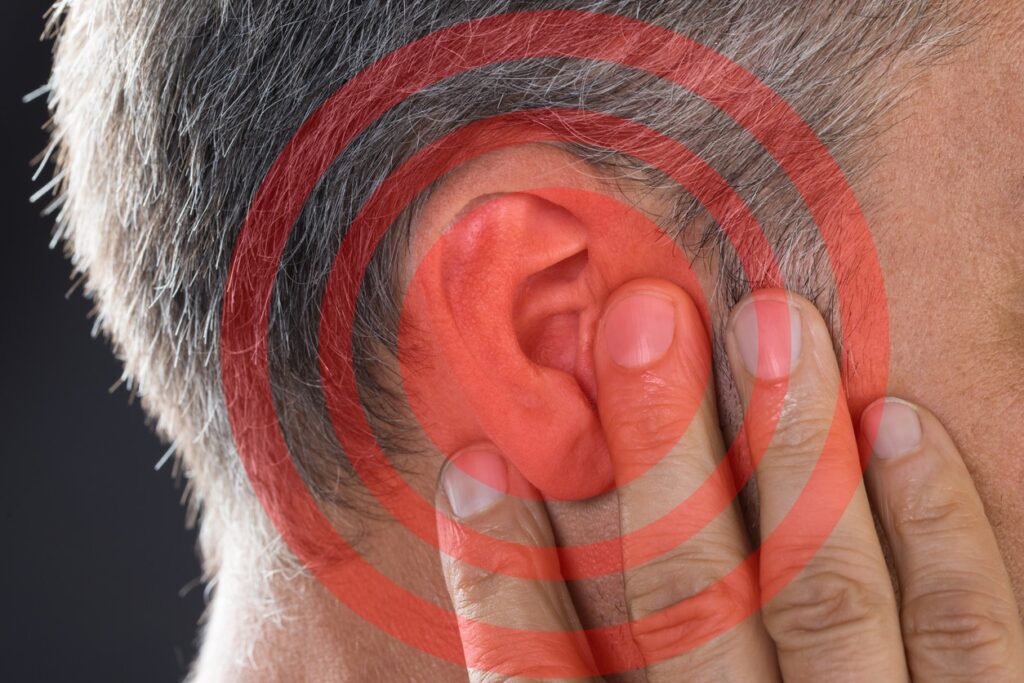
The level of hearing impairment varies as in elderly adults suffer more from hearing loss. In children, the most common cause of hearing loss is otitis media.
Deafness /Hearing loss can be present at birth (congenital )
Acquired deafness may or may not be genetic.
Acquired deafness may be due to damage to the ear due to a medical condition.
Hearing loss can be classified into sensorineural hearing loss -when the nervous system is affected (brain and spinal cord ).
Examples – Meniere’s disease, nerve injury, nerve tumours.
Conductive hearing loss –when the portion of the ear responsible for transmitting the sound to nerves is affected ( ear canal, eardrum, middle ear )
Examples –otitis media, ear wax, otosclerosis
The following are some of the major causes of hearing loss.
With increasing age, there is a progressive loss of the ability to hear high frequency of sound. Hearing loss can be inherited
• Other illnesses include –Measless ( which causes damage to the auditory nerve )
• Meningitis ( damage to auditory nerve )
• Auto-immune disease
• Mumps
• Enlargement of adenoids can obstruct the Eustachian tube.
• Patients with AIDS
• Syphilis
• Premature birth
• Otosclerosis
• Neurological disorders like multiple sclerosis also have an effect on hearing.
• Overmedication
• Trauma
• Stress can also play a role in hearing loss
• Sudden hearing loss is also related to excess inflammation of the liver
• Hearing loss is also related to deficient kidney function
• Hearing loss symptoms include the inability to hear sounds of higher frequencies.
• Constant ringing or buzzing in the ears [one of the symptoms of Tinnitus]
• Complete deafness
• Removing the ear wax
• Medications for treating ear infection
• Surgical procedure
• Hearing aids
• Implants
• Magnesium supports healthy nerve function
• Introducing supplements in the diet – Copper and zinc
• Diet rich in amino acids
Belladonna –
• Pain in the middle and external ear
• Humming noises
• Swelling of parotid glands, otitis media
• Acute and sub-acute conditions of Eustachian tube
Causticum –
• Ringing and pulsating noises in ears with deafness
• Chronic otitis media
• Accumulation of ear wax
Hepar Sulphur –
• Discharge of pus from ears
• Whizzing and throbbing in ears
• Deafness after scarlet fever
• Pustules in the auditory canal
Lycopodium –
• Offensive, thick discharge
• Otorrhea and deafness
• Humming and roaring in ears with hardness of hearing
Verbascum Thapsus –
• Otalgia, deafness
• Dry, scaly condition of meatus
• Swimmer’s ear

 If you are unsatisfied with our treatment and do not want to continue the medicines you can ask for refund within 24 hours of making the payment.
If you are unsatisfied with our treatment and do not want to continue the medicines you can ask for refund within 24 hours of making the payment.